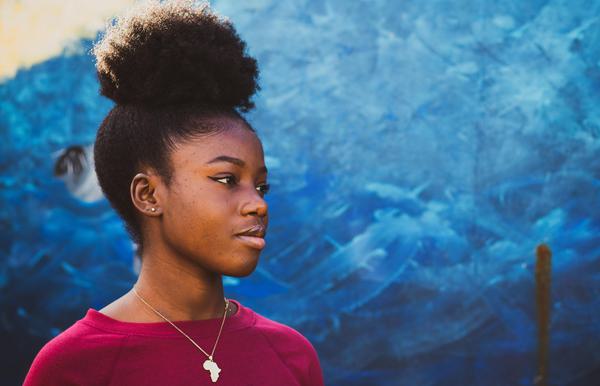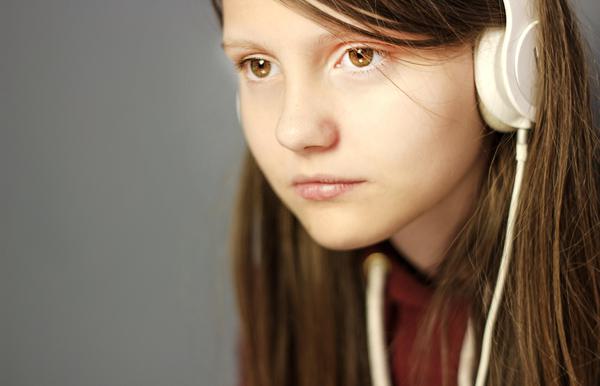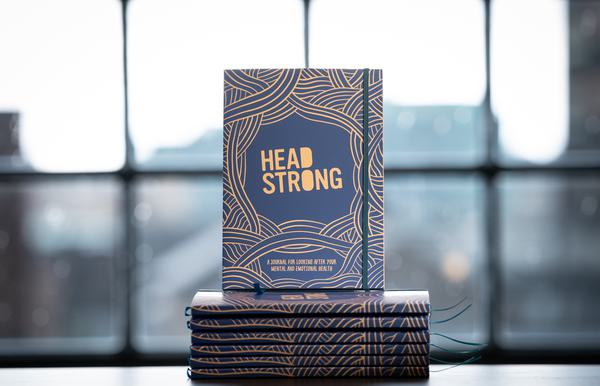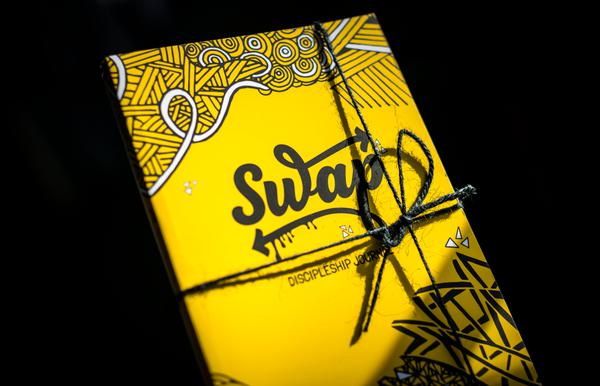From childhood we learn to strive for success and with that, fear failure. But what if failure is more gift than curse – is embracing it the path to true joy?
"The greatest teacher, failure is." – Jedi Master Yoda
So, this week’s BRAVE theme is failure. Sounds heavy doesn’t it? It’s probably not something we like to think about. We naturally celebrate success, thriving, and inspiring tales of victory won against the odds. And that’s not all bad – who wouldn’t want to succeed? To excel in work, relationships, and personal fulfilment. When these good things happen to ourselves or those we love we rightly celebrate – but what about when things don’t work out so well? That’s a lot harder. It’s awkward. It’s something we struggle with in a social media-filtered world where everyone wants to thrive – and to be seen doing so.
The pursuit of success and the fear of failure touches every aspect of our lives in every season, but I think it can hurt young people the most. For most, every year of school until you’re at least 16 (and well beyond for many others) is a process of being weighed, measured, and labelled for your worth. Most obviously that looks like grades and exams – separating the As from the Cs and the Fs – where letters and numbers determine your value and your future.
Even if you don’t care about grades there’s social standing to consider. Am I popular? Am I interesting? Talented? Do I look good? The potential insecurities are endless. Whether you’re counting your grades or your follower count, there are always metrics for success (however slippery) and therefore metrics for failure too.
Failure is an option – and a gift
The reality is, to contradict Apollo 13, failure is an option in life. In fact, it’s almost guaranteed. Failure is also wildly subjective, depending on what you measure, but whatever standard you set, one day you won’t meet it. You’ll fall short, you’ll ‘fail’. And that is a good thing. I don’t think failure is the problem – I think of fear of it is. No one is a failure, but we will all fall short in life. I think we’re called to balance these ideas: our achievements don’t change our identity or value, and a lack of achievement, whether purely subjective or not, can be a profound gift in life.
The first benefit of failure, whether it’s stumbling on a test we thought we’d nail, or letting down someone we love, is that it humbles us. Pride comes before the fall, and after that – ideally – comes humility. An awareness that our judgement can err. We are fallible, so a carelessness or overconfidence in our capabilities won’t serve us or others well in the long run. Like falling off a bike, these stumbles teach us caution, next time we’ll be more careful because know we’ve experienced what can happen if we’re not. Any master of any sport can tell you that making mistakes is the only way forward, that’s how we grow. Failure is, as Yoda says, the greatest teacher. No one wants it to happen, but we can’t deny that when it does, its lessons stay with us, and – ideally at least – we learn from our mistakes.
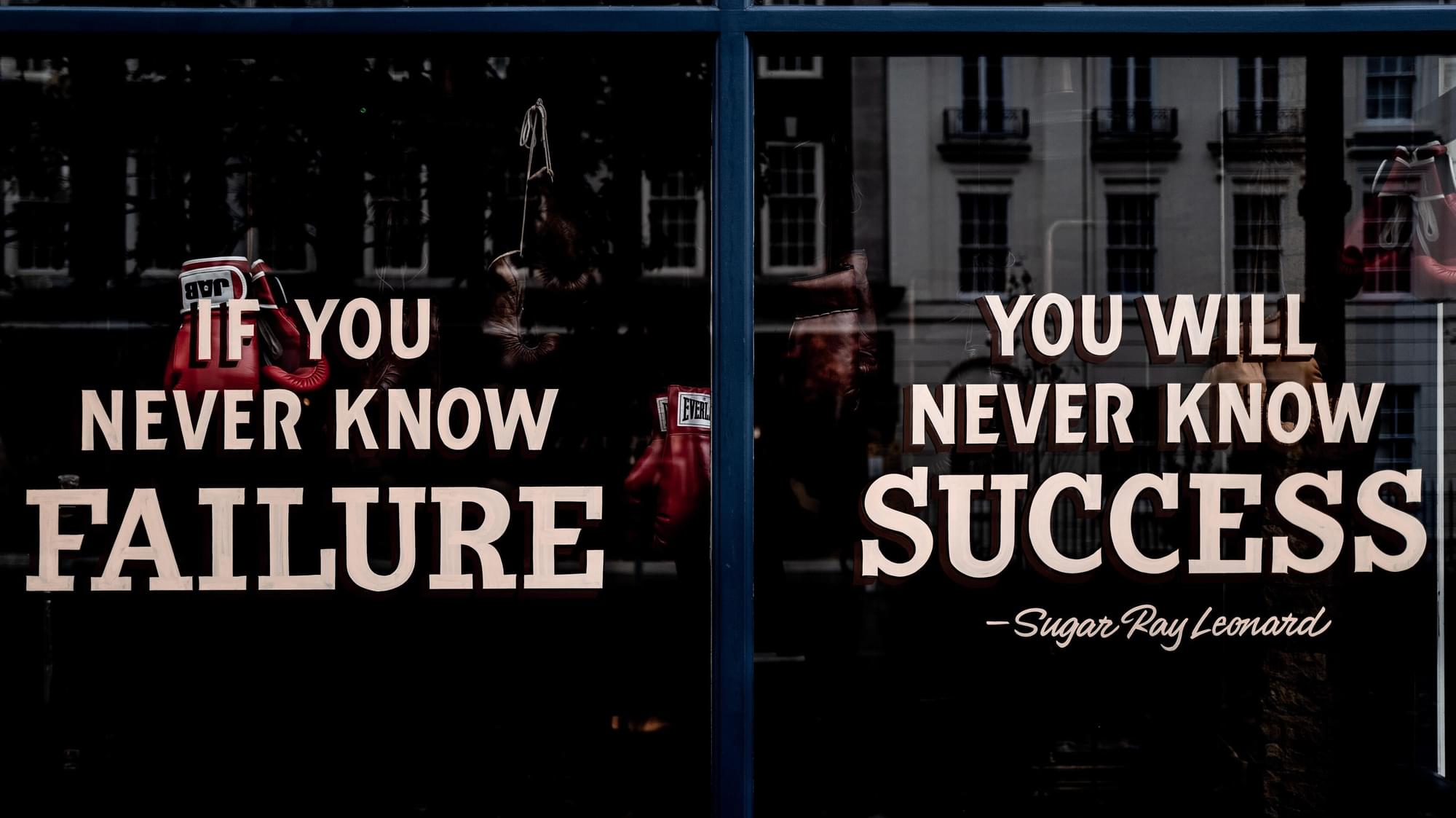
We can fail but we’re not failures
Failure may be the greatest teacher, but that doesn’t mean we should dwell on it or let it define us. In Star Wars: The Last Jedi, the legendary Jedi Master Luke Skywalker has resigned himself to a life of isolation in response to his own perceived failure. He once made a grave error of judgement, and now believes the right response is to cut himself off from the galaxy. He’s so depressed he plans to burn down what remains of the Jedi, until Yoda appears and tells him it’s OK to get it wrong – that failing is just as valuable a legacy as success:
“Pass on what you have learned. Strength, mastery, hmm…but weakness, folly, failure also. Yes, failure most of all. The greatest teacher, failure is. Luke, we are what they grow beyond. That is the true burden of all masters.”
Failure happens to us, it shapes us, in an ideal world it makes us stronger. We can pass on its lessons. But failure is never who we are. It’s so easy to identify ourselves with our successes or failures but we know it’s ridiculous. If you ace an exam, it’s a great thing to be proud of and probably a sign that you worked hard, but does it mean that others who didn’t ace the test didn’t work hard? Of course not. It doesn’t make you better than them, or them worse than you. External markers can’t determine you inherent worth. I like what Tim Keller says on this: “don’t let success go to your head, and don’t let failure go to your heart.”
Comparison is the thief of joy
We have to resist the urge to compare ourselves with others, whether it’s to make ourselves feel better or worse. Comparison is an easy impulse, whether you’re a young person wishing they were more popular or an adult anxious about their lack of house/relationship/career success. But as you probably know well from social media scrolling, comparison is the thief of joy. And life is too precious and short to spend it looking at a scoreboard.
So where should you look? If you’re a Christian, hopefully you know, though Christians can be just as addicted to ‘success’ – whether it’s in prosperity gospel teaching (‘God wants you to be wealthy’) or obsessing over convert counts. Christians are called to look to a God who determines our deep worth as his beloved children. Christians belong to an alternative kingdom where worldly values are subverted, the last become first and winning in God’s eyes looks like losing to others. We look to a Messiah who gave up great status, who traded royalty for a rugged cross, heaven for humiliation, to show us the face of love. In many ways Jesus lived the life of a ‘loser’ – and called his followers to be willing to do the same: “take up your cross and follow me…whoever loses their life for my sake will find it.”(Matt 16:24-26) Jesus tells us there's more to life than medals and meritocracy, that losing is the path to a real life.
I hope none of this feels glib. I know the crushing weight that feeling like a 'loser' can bring. But I believe failure is a gift because it shows us that failure doesn’t really matter. Failure humbles us, and it liberates us from meaningless metrics that steal our joy. When we fail but learn that it doesn’t change who we are, we’re set free. We can live ambitiously, courageously, not seeking to fail but secure in the knowledge that it wouldn’t change our identity and worth. Let’s strive for excellence and adventure, let’s dare and dream, but let’s not despair if we stumble. Winning can be a let-down – and losing is underrated.
Check out the rest of the BRAVE library, exploring themes of identity, control, tough stuff and failure, here.




